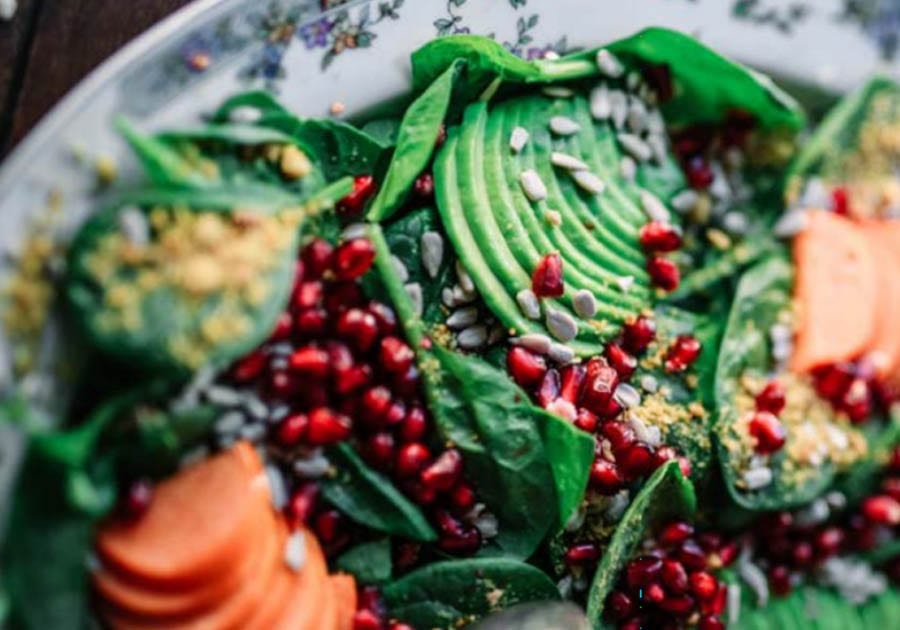At some time in your life, things change. You have more demands on you and less time for yourself.
Maybe you’re spending more time driving the kids to their sport than playing sport yourself.
Maybe you’ve started an office job, so you eat lunch at your desk and spend more time sitting than moving.
Perhaps now the kids are older, they’re more independent and less reliant on you to walk them to school or to the park to play. Maybe you’re working longer hours now. And at the end of the day, you feel too tired to cook so you buy preprepared meals or takeaways.
Once the day is over, you might settle down in front of the TV, with a glass of beer or wine. You have just enough energy to get to the fridge for the bowl of ice-cream or block of chocolate. And then it’s bedtime.
But it’s important to stay active and take the time to eat well. You might need to establish or redevelop some healthy eating and physical activity habits. Or perhaps you just need some tips on staying motivated or maintaining healthy habits.
It’s OK to start slowly – but so important to make a start. Unhealthy habits tend to build on each other and with time, you may find it harder to achieve, maintain, or get back to, a healthy weight. Supermarkets are full of tempting unhealthy foods that are easy to throw in the shopping trolley, especially if you are hungry or have hungry kids with you. If you want to do a healthy shop, don’t go on an empty stomach and have a list prepared that you can stick to.
Lots of foods and drinks are labelled low-fat or low sugar, diet this or lite that. But much of this labelling is advertising hype. You need to look more closely at the food labels to see what these foods actually contain.
Foods to put in your shopping trolley include:
• Reduced fat milk, yoghurt and cheese
• Lean cuts of meat and poultry, fish, eggs and tofu
• Wholegrain bread and cereals, brown rice and other wholegrain products
• Plenty of fresh, seasonal fruit and veg and frozen vegetables
• Legumes/beans
• Nuts and seeds
• Healthy oils (polyunsaturated or monounsaturated), such as sunflower and olive oil, and spreads (margarine).
Foods and drinks to limit include:
• Processed meats such as sausages, bacon, ham and salami – these contain a lot of salt and saturated fat
• High-kilojoule foods such as cakes, biscuits, chocolate, pastries and pies – these can contain lots of saturated fat and/or added sugar
• Snack foods such as potato chips and salty biscuits
• Many prepared dressings and sauces – these are high in salt
• Sweetened drinks such as soft drinks, energy drinks, sports drinks, fruit juice drinks, waters with added vitamins and cordials.
